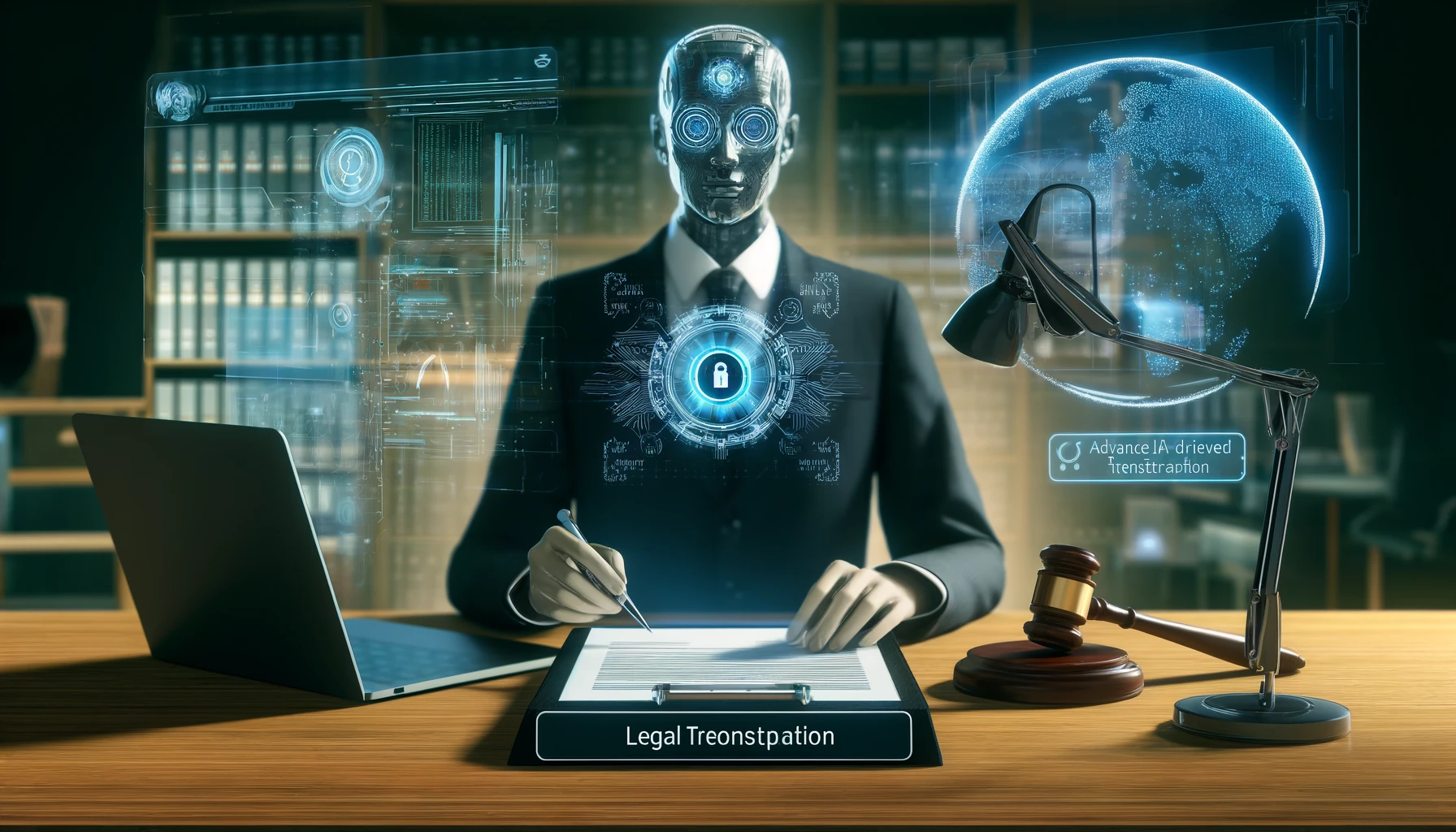The legal transcription industry in Seattle is undergoing a transformation, driven by technological advancements and innovations. This article explores the latest trends and technologies impacting legal transcription, such as AI-driven transcription software, speech recognition technology, and secure cloud-based storage solutions. It discusses how these technologies enhance the efficiency and accuracy of legal transcriptions and their implications for legal professionals.
AI-Assisted Transcription
Artificial Intelligence (AI) is revolutionizing the field of legal transcription. AI-assisted transcription tools can quickly convert spoken words into text, significantly reducing the time required to produce transcripts. These tools are particularly useful for handling large volumes of transcription work efficiently. While human transcriptionists still play a crucial role in ensuring accuracy and context, AI tools enhance their productivity.
Speech Recognition Technology
Speech recognition technology has made significant advancements, becoming an invaluable asset for legal transcriptionists. This technology can automatically transcribe spoken words, providing a preliminary draft that transcriptionists can then review and refine. The integration of speech recognition technology in transcription workflows speeds up the process and helps maintain high accuracy levels.
Importance of Cybersecurity
As legal transcription increasingly relies on digital tools and online platforms, cybersecurity has become a paramount concern. Protecting sensitive legal information from cyber threats is essential. Legal transcription firms in Seattle are investing in robust cybersecurity measures, such as encrypted storage and secure communication channels, to safeguard client data.
The Future Outlook for Legal Transcription
The future of legal transcription in Seattle looks promising, with continued advancements in technology poised to enhance the profession further. Innovations such as blockchain for secure and immutable records and augmented reality for immersive courtroom experiences are on the horizon. These technologies will likely redefine the boundaries of legal transcription, making it more efficient and secure.
Expert Perspectives
Industry experts believe that the integration of advanced technologies will not replace human transcriptionists but will instead augment their capabilities. By combining human expertise with cutting-edge technology, legal transcriptionists can provide even more reliable and efficient services.
Conclusion
The future of legal transcription in Seattle is bright, with numerous innovations and trends shaping the industry. By embracing these advancements, legal transcriptionists will continue to play a vital role in the legal system, ensuring accurate and trustworthy legal documentation.
